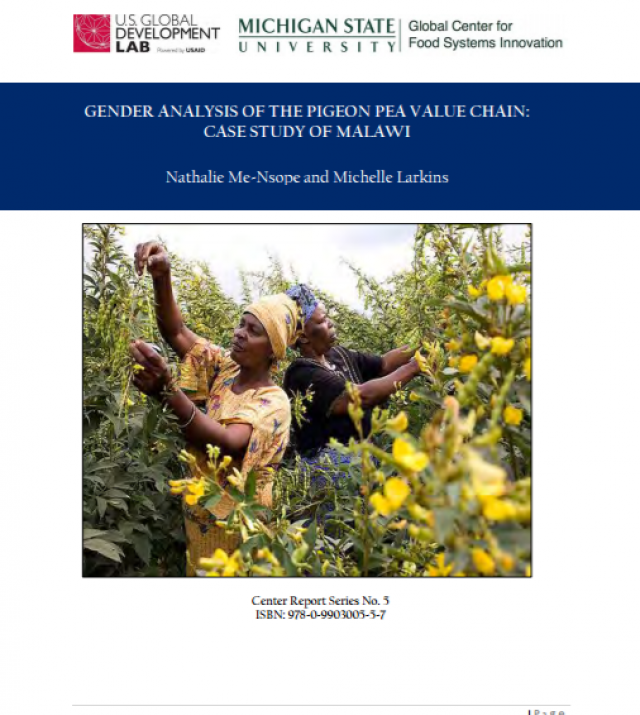Integrating Time Allocation in Program Monitoring

This whitepaper resumes lessons learned from integrating time allocation in the monitoring systems of Mercy Corps’ FFP-funded South Kivu Food Security Project (FSP) in the Democratic Republic of the Congo, in order to help implementing partners develop more gender-sensitive rural development projects and monitoring systems.
The opportunity: Food security programs have an opportunity to incentivize meaningful and consistent activity participation, and by extension, improve activity outcomes, if they gain a more sophisticated understanding of participants’ perceived cost and benefit of participation in program activities.
Underlying issues: The existing literature lacks a focus on sub-country program contexts, exhibits construct validity issues due to the often applied 24h recall, misses sociocultural context and makes extremely limited use of qualitative and mixed methods.
Proposed solutions: Food security programs should apply a cost-benefit framework to better understand the opportunity cost involved in attending program activities and the economic, human and social capital incentives provided by programs. Seasonality needs to be accounted for in time allocation. Factors acting upon variance in time allocation need to be explored. Programs should apply iterative mixed-methods integrated approaches to integrate time allocation in program monitoring.

